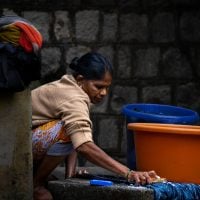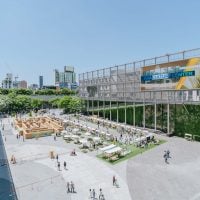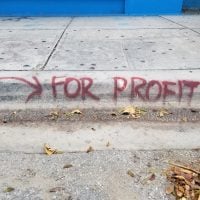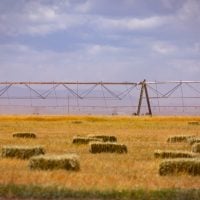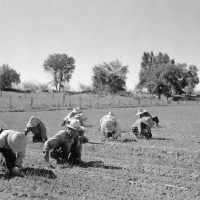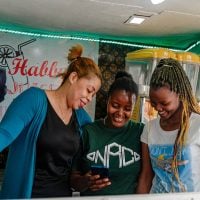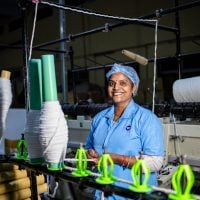Deadline: 30-Aug-2024
The Southern Region Sustainable Agriculture Research and Education (SARE) has announced the Professional Development Program Grants.
Professional Development Program Grants, known as train-the-trainer grants, are available to help further education and outreach strategies for ag professionals and ag educators who work directly with farmers and ranchers.
The grant funds training activities that educate ag professionals in up-to-date strategies and technologies to help farmers and ranchers increase profits and lessen environmental impacts. PDP grants support such activities as producing workshops, creating educational manuals and videos, or conducting on-farm tours and demonstrations.
The Southern Region Sustainable Agriculture Research and Education (SARE) Professional Development Program (PDP) is requesting pre-proposals for projects of one to two year(s) duration that provide training on sustainable agriculture for agricultural professionals, educators, and mentor farmers who serve farmers and other interested people in USDA’s Southern Region. This region includes Alabama, Arkansas, Florida, Georgia, Kentucky, Louisiana, Mississippi, North Carolina, Oklahoma, South Carolina, Tennessee, Texas, Puerto Rico, the US Virgin Islands, and Virginia.
Funding Information
- There is no funding cap for projects. To fund a broad portfolio of projects, priority is given to those less than $80,000.
- Projects can either be for one year or two years.
Who Can Apply?
- Agricultural professionals such as Cooperative Extension; NRCS; Farm Service Agency, or other USDA agency staff; ag consultants; non-governmental organizations; mentor farmers; and other ag professionals are eligible to apply for a Professional Development Program Grant.
- SSARE also considers proposals from organizations/institutions whose projects involve farmers from indigenous agriculture that produces products for community food systems. These enterprises may be eligible where the production activity has an annual value of less than $1,000, even if products are not sold due to cultural factors.
Criteria
- To be considered for funding, a project must meet the following five criteria:
- Project outcomes must focus on developing sustainable agriculture systems or moving existing systems toward sustainability, as defined in the 1990 Farm Bill. The 1990 Farm Bill defines sustainable agriculture as an integrated system of plant and animal production practices having a site-specific application that will, over the long term:
- satisfy human food and fiber needs.
- enhance environmental quality and the natural resource base upon which the agricultural economy depends.
- make the most efficient use of non-renewable resources and on-farm resources, and integrate, where appropriate, natural biological cycles and controls.
- sustain the economic viability of farm operations.
- enhance the quality of life of farmers and ranchers, and of society as a whole.
- A project’s central purpose must be to provide or enable training to one or all of the following: Cooperative Extension Service agents, USDA field personnel from the Natural Resources Conservation Service, the Farm Service Agency and other USDA agencies, and other agricultural professionals and educators, including mentor farmers who will serve as trainers. Research projects and farmer-outreach or education projects do not qualify for this funding.
- Diversity, Equity and Inclusion- Will the Train-the-Trainer program and materials support outreach and training to underserved producers and/or increase equity in Southern agricultural systems? If yes, how? SSARE defines underserved communities as those populations sharing a particular characteristic, as well as geographic communities that have been systematically denied full opportunity to participate in aspects of economic, social, and civil life.
- Quality of Life- How will this Train-the-Trainer program lead to improved quality of life for producers, and, by extension, communities and consumers in the Southern region? See Southern SARE’s working document on what quality of life means.
- Outreach- Please indicate how you will conduct your outreach plan if you anticipate COVID-19 restrictions will prevent travel related to your outreach plan or prevent any in-person events, such as trainings, workshops, conferences, or field days.
- Project outcomes must focus on developing sustainable agriculture systems or moving existing systems toward sustainability, as defined in the 1990 Farm Bill. The 1990 Farm Bill defines sustainable agriculture as an integrated system of plant and animal production practices having a site-specific application that will, over the long term:
For more information, visit SARE.





